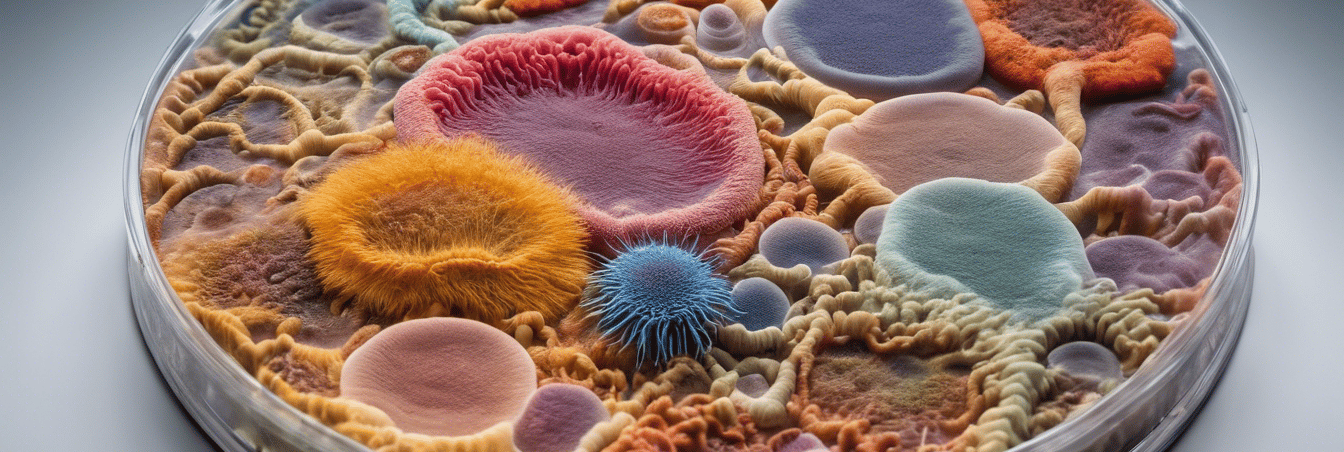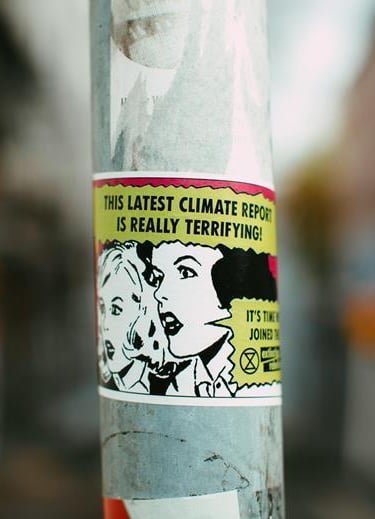
Research Project
Isoprene, a volatile organic compound (VOC) emitted by plants, accounts for over a third of global VOC emissions, significantly impacting atmospheric chemistry and climate. Annually, around 550 teragrams of isoprene are released, yet its behaviour in Arctic ecosystems remains poorly understood, especially under global warming and drought conditions. Supported by the Marie Skłodowska-Curie Actions programme, the u-Arctic project aims to address this gap. The project focuses on isolating isoprene-degrading bacteria, quantifying isoprene dynamics, and examining the effects of rising temperatures and drought. Utilising advanced methods like stable isotope probing, this research is crucial for understanding the role of microbes in Arctic VOC cycling amid climate change.



Science communication
I believe that effective communication is essential in bridging the gap between scientists and the public, fostering a deeper understanding of crucial issues such as climate change, environmental health advancements, and technological innovations. By employing different strategies and adapting my approach based on the audience's level of expertise and interest, I aim to inspire curiosity and encourage informed discussions. I'm excited to share my experiences and insights, showcasing the power of clear communication in the realm of science.










Nasmille Larke-Mejía Research
Exploring microbes' roles in environmental sustainability.
CONTACT ME:
© 2024. All rights reserved.
info@nasmillelarkemejia.com
Disclaimer: Some images and text on this website, including proofreading, have been created or refined using AI tools. For inquiries or further information, please contact me.

